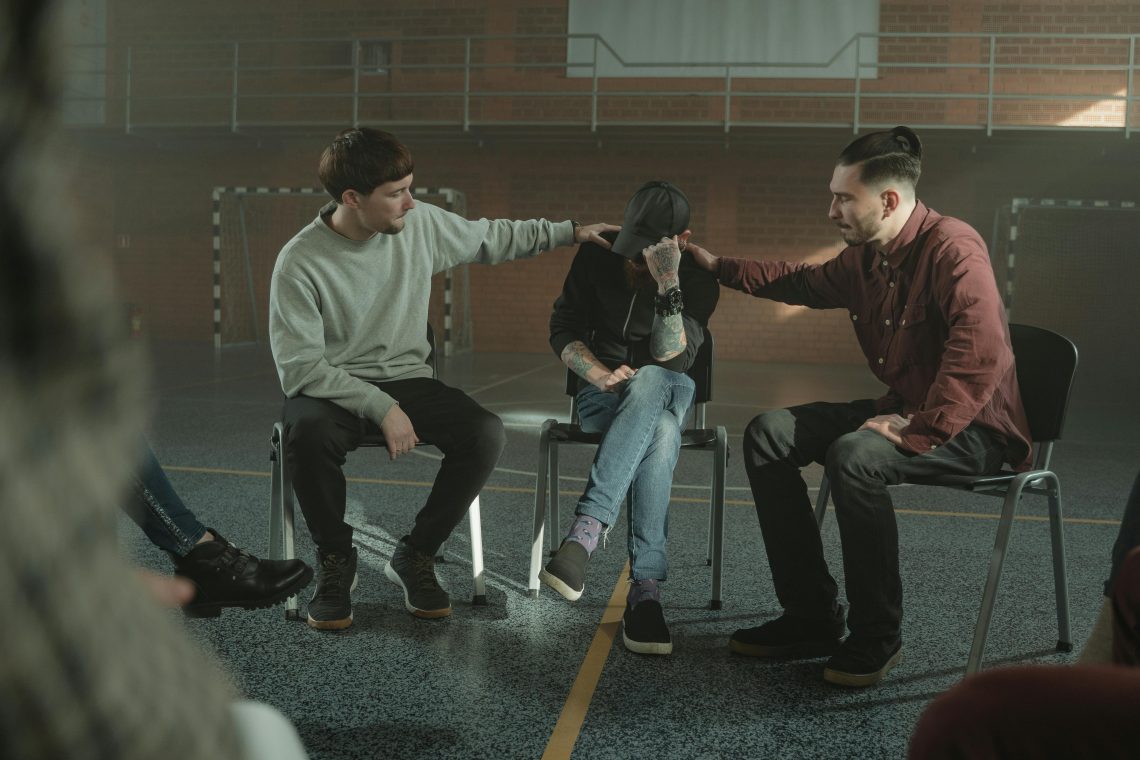Navigating the hard and important path to recovery from addiction can be an immensely personal journey, yet it is rarely one that is traveled alone. Group therapy has emerged as a pivotal component of addiction recovery, providing a platform where individuals can share their experiences and support one another under the guidance of a professional. But what exactly can one expect from participating in such sessions? For those contemplating this step, understanding the dynamics and potential benefits of group therapy can demystify the process and pave the way for a more informed and hopeful recovery journey.
Building a Support Network
One of the fundamental benefits of group therapy in addiction recovery is that you get to create and develop a robust support network. Unlike navigating recovery alone, group therapy sessions introduce individuals to peers who are facing similar challenges. This communal environment fosters a sense of solidarity and understanding that is hard to find elsewhere.
Participants share their struggles and successes, which not only helps reduce the stigma associated with addiction but also reinforces the notion that no one has to face this battle alone. The connections made in these sessions often extend beyond the therapy room, providing lasting support that can be crucial during tough times.
Group therapy for addiction recovery isn’t just about sharing one’s own story; it’s also about learning from the experiences of others. Each member brings a distinct voice and perspective to the table, and hearing about different strategies for coping with cravings or dealing with relapse can be incredibly enlightening.
It’s a place where practical advice flows freely, from how to handle social situations that might trigger a relapse to methods for maintaining mental wellness. This shared pool of knowledge is invaluable, as it allows participants to gain insights and tools that may not have been accessible in a more private setting.
Finding a Safe Space
It’s important to find somewhere you feel safe in to get treatment. It’s why many people travel for help and end up pursuing addiction treatment in Palm Springs, at the beach, or any other serene locality where someone can focus wholly on recovery. Group therapy plays a critical role in this by offering a distinct space where individuals can express themselves without getting judged.
This environment is essential for fostering genuine communication and growth. In such a space, participants are encouraged to open up about their fears, failures, and feelings, knowing they are supported by others who truly understand the gravity of their journey. This sense of safety and acceptance is crucial for healing and can make all the difference in the effectiveness of the treatment.
Developing Communication Skills
Group therapy doesn’t just facilitate recovery by sharing and listening; it actively enhances participants’ communication skills. Regular interaction in a group setting teaches individuals how to express their thoughts and emotions more effectively and listen actively to others. This is especially beneficial for those whose addictive behaviors might have isolated them or damaged their interpersonal relationships.
In group therapy, participants practice new ways of expressing themselves and responding to feedback, which are essential skills not only for personal relationships but also for professional environments. The therapeutic setting becomes a rehearsal space for real-world interactions, enabling individuals to navigate more complex social dynamics confidently.
Encouraging Accountability
A unique and powerful aspect of group therapy in addiction recovery is the role of accountability. When individuals commit to attending regular sessions and sharing their progress, they also implicitly agree to be accountable not only to themselves but to the group.
This accountability can significantly enhance motivation; knowing that others are not only witnessing your journey but are also invested in your success can make a tangible difference in maintaining long-term recovery goals. Plus, seeing peers succeed provides hope and motivation, while facing challenges together reduces the sense of isolation that often accompanies recovery.
Exposure to Multiple Perspectives
Finally, group therapy introduces participants to a multitude of perspectives, which is crucial in fostering empathy and broadening one’s own view of the world. Addiction can be an isolating experience, and exposure to diverse viewpoints can challenge and alter entrenched beliefs about oneself and others.
This can also lead to profound personal growth and significant changes in how individuals relate to the world around them. The diversity of experiences in a group setting provides someone with a richer, more comprehensive understanding of the complexities of addiction and recovery, enabling participants to approach their own situations with a more informed and compassionate mindset.
Read more lifestyle articles at ClichéMag.com
Images provided by Deposit Photos, BingAI, Adobe Stock, Unsplash, Pexels, Pixabay & Creative Commons



